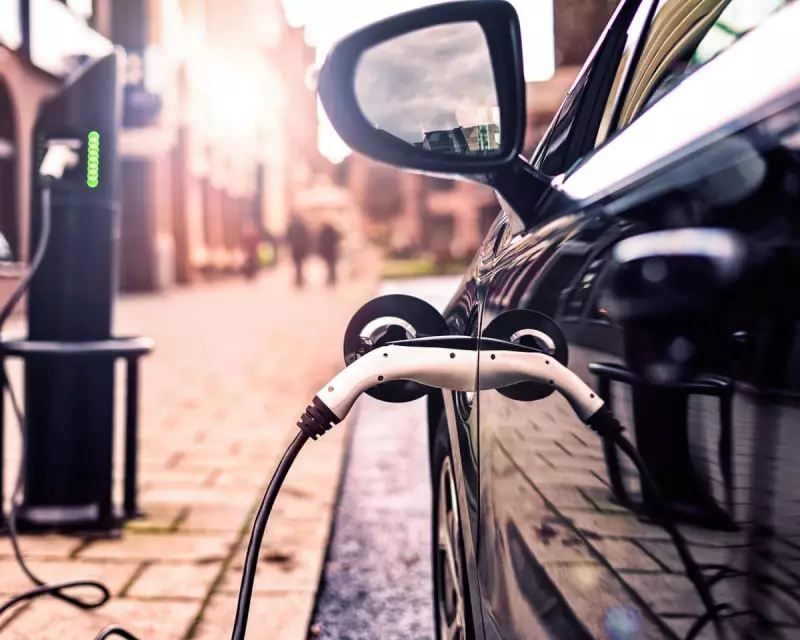
Ford UK Boss Issues Stark Warning on Proposed EV Tax
The managing director of Ford UK, Lisa Brankin, has issued a direct warning to Chancellor Rachel Reeves against introducing higher taxes on electric vehicles in next week's budget. Brankin stated that new levies could seriously discourage drivers from making the switch away from petrol and diesel cars at a critical time for the industry.
This intervention comes amid reports that the Treasury is considering implementing a new pay-per-mile charge of 3p per mile for electric vehicles from 2028. This charge would be applied on top of other road taxes and is designed to help offset falling tax revenue from traditional fuel duty as petrol and diesel car usage declines.
'Another Brake' on Fragile EV Demand
Speaking to the BBC, Brankin was clear about the potential consequences. "That [policy], in the face of really fragile demand for electric vehicles, is just another brake," she said. She expressed concern that the perception of electric vehicles was shifting, adding, "Electric vehicles in some instances have gone from being a great thing to being something that we're trying to push people into."
Ford, which manufactures the UK's bestselling car, the Ford Puma, is among numerous carmakers under significant pressure to meet the government's ambitious target for 80% of new vehicle sales to be electric by 2030.
Brankin highlighted the challenging market conditions, describing it as "distorted" due to heavy discounting and lower values for second-hand EVs. She pointed out a fundamental disconnect between policy and consumer appetite, stating, "When that [target] was set a number of years ago, the outlook for demand around electric vehicles was buoyant... What we're seeing now is that customer demand is not in line with that ambition." She summarised the core challenge succinctly: "It's really easy to sell people things they want. It's hard to sell people things they don't want."
Calls to Retain Crucial Company Car Tax Benefits
A key area of support that Brankin wants the Chancellor to maintain is the lower rate of company car tax for electric vehicles. Many new EVs are sold to businesses for their employees, and this tax benefit has been a major driver in companies 'greening' their fleets.
The government had already acknowledged pressure in the EV market by reintroducing an electric car grant worth up to £3,750 in July following intense lobbying from the automotive industry. While electric car sales have since hit record highs, Brankin warned that without continued government support, Ford would not be able to achieve the 80% sales target.
In a related development, Brankin commented on the future of Ford's diesel engine plant in Dagenham, which employs a significant portion of the company's 6,000-strong UK workforce. She confirmed the plant would build diesel engines until 2030 but said no decisions had been made about its long-term future, noting, "We're working really hard on what the next life of Dagenham looks like."
A Treasury spokesperson defended the government's position, stating: "Fuel duty covers petrol and diesel, but there's no equivalent for electric vehicles. We want a fairer system for all drivers whilst backing the transition to electric vehicles, which is why we have invested £4bn in support... Just as it is right to seek a tax system that fairly funds roads, infrastructure and public services, we will look at further support measures to make owning electric vehicles more convenient and more affordable."





